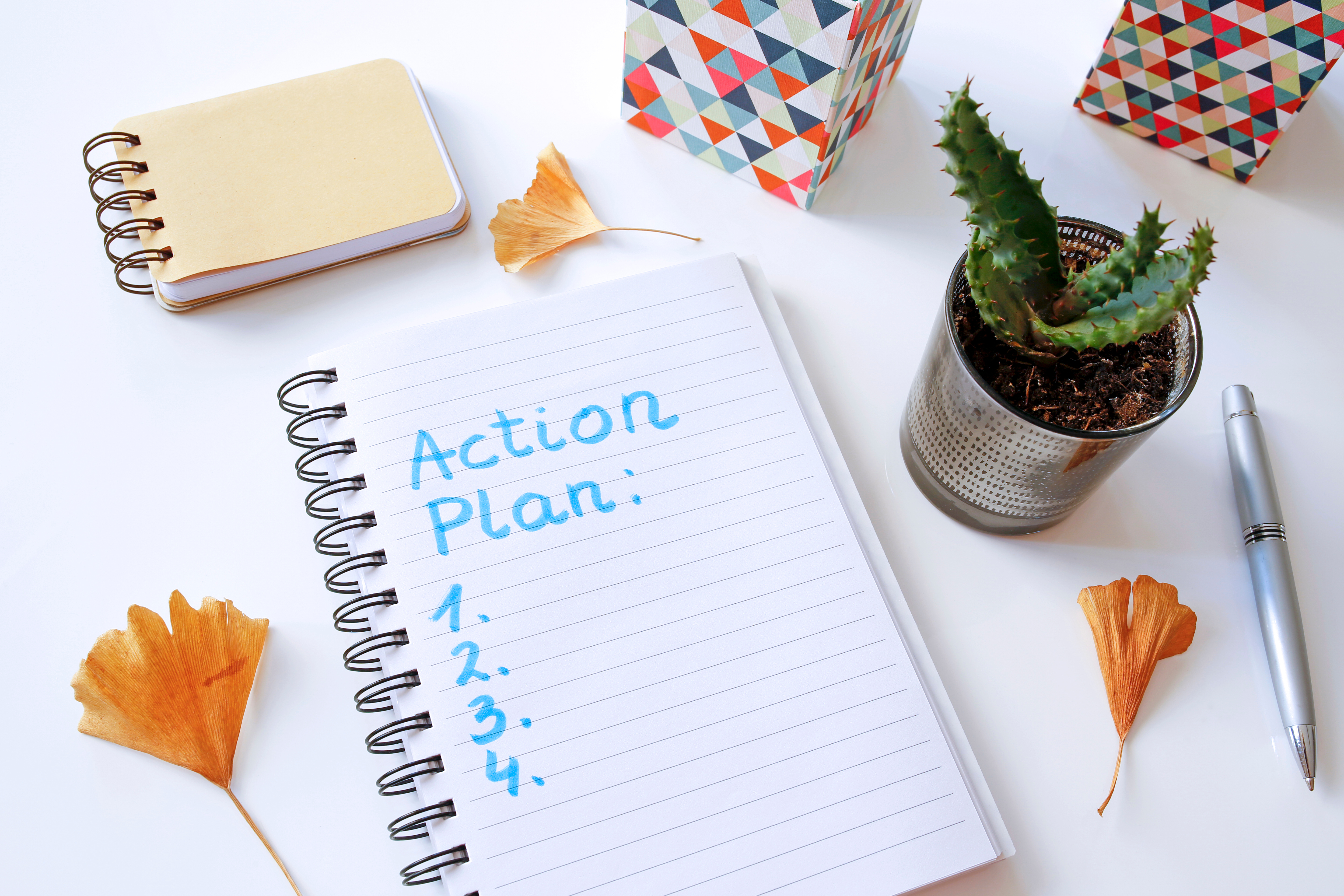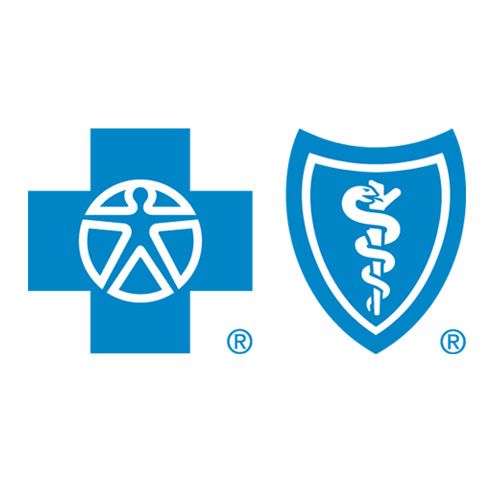A 5-step action plan to manage holiday stress and anxiety
December 2, 2019While the holiday season is a time that is celebrated for its merriment and cheer, the fact of the matter is that it is also a time that comes with complexities— logistics of traveling, managing hosting duties, gift buying and more. All the to do’s, along with the mental preparation, can easily lead to… stress often with a side of anxiety and a bit of worry.
 No matter how much we look forward to the holidays, it is important to be ready for what is to come, including the challenges that gatherings can bring.
No matter how much we look forward to the holidays, it is important to be ready for what is to come, including the challenges that gatherings can bring.
To best be prepared, we sat down with Dr. Russ Morfitt, chief psychology officer and co-founder of Learn to Live, to talk about some of the best ways to mentally prepare for the holiday season.
Do this: Make an action plan
Dr. Morfitt first emphasizes the importance of having a plan going into the season. This can look different for everyone based on their situation, but it will help make sure that you stay on track, even while managing complex or sometimes challenging circumstances or life experiences.
“Sometimes, people have been working hard and made major strides forward in managing their anxiety,” Dr. Morfitt points out. “And then the holidays come, and you are surrounded by people who knew you before you’ve made important strides. Often, that means that ‘not the best me’ comes out, prompting you back into old patterns.”

Sound familiar? That’s where an action plan can be helpful, Dr. Morfitt says. To make that action plan, he recommends doing the following:
1. Anticipate what’s coming.
And know that some people may see you in a way that is different than how you see yourself.
“You can plan ahead for this. Be thoughtful and intentional prior to family gatherings,” he says, also noting that, “We all have noisy minds, so this can be challenging.”
It can be helpful to set aside some time for this planning so you can fully anticipate what’s ahead.
“You may want to use a present awareness, [sometimes called mindfulness] tool, where you can really take a deep look at your emotions and prepare yourself well before an event. This will allow you to make the best of the time you have.”
2. Review your tools.
If you’ve spent time working on developing new skills, be sure to make good use of them and be thoughtful of changes you’ve made.
“For example, if you’re prone to worry, you may want to be purposeful about the best ways you relieve your worry,” Dr. Morfitt says. “At Learn to Live, we talk about allowing for ‘worry time.’ Being intentional in this practice can be a very effective way to manage anxiety.”
3. Don’t be too sedentary.
Holidays come with an amount of sedentary time. In addition, cold weather can also lead to more “couch potato” behavior. That means that whether you’re prone to general holiday stress, depression or anxiety, don’t let it get the best of you.
“Be intentional about being active—physically, socially and interpersonally,” Dr. Morfitt says.
4. Recognize that there will be necessary pressures and complexities.
When groups gather, complexities follow.
“Often families have multiple events and gatherings to attend. It makes sense to structure what you will attend in a way that works for you. From a practical standpoint, it’s often smart to do less and not try meet everyone’s expectations,” Dr. Morfitt says.
5. Set appropriate boundaries for what you can do and with whom.
The fact of the matter is that it’s often not possible to be everywhere.
“Often we have to make decisions to spend time doing something that excludes spending time with someone else, and they might be disappointed,” Dr. Russ points out. “And if we aren’t used to setting good boundaries, that can be uncomfortable. But sometimes we have to say no to practice our best boundaries.”
Be best prepared
As a final note, Dr. Morfitt also recognizes that for some the holidays can bring up grief issues. For those managing grief, he says “Recognize that pain we experience is part of the healing process. Ultimately, we have to accept that a loss has occurred and feel the pain that goes with it as part of the healing.”
However, with best-laid plans in place, Dr. Morfitt believes we can all be prepared to reduce our holiday stress and be our best selves throughout the holiday season.
To learn more about Learn to Live and experience their programs, visit their website at LearnToLive.com/partners. Learn to Live's programs are available at no cost for select Blue Cross plans. To find out if you have free access, please call your Blue Cross customer service representative. If you'd like help with your stress, call the number on the back of your member card to find a health care professional.
As part of a strategic commitment to build a broad portfolio of health solutions, Blue Cross and Blue Shield of Minnesota made a financial investment in Learn to Live in 2016.


